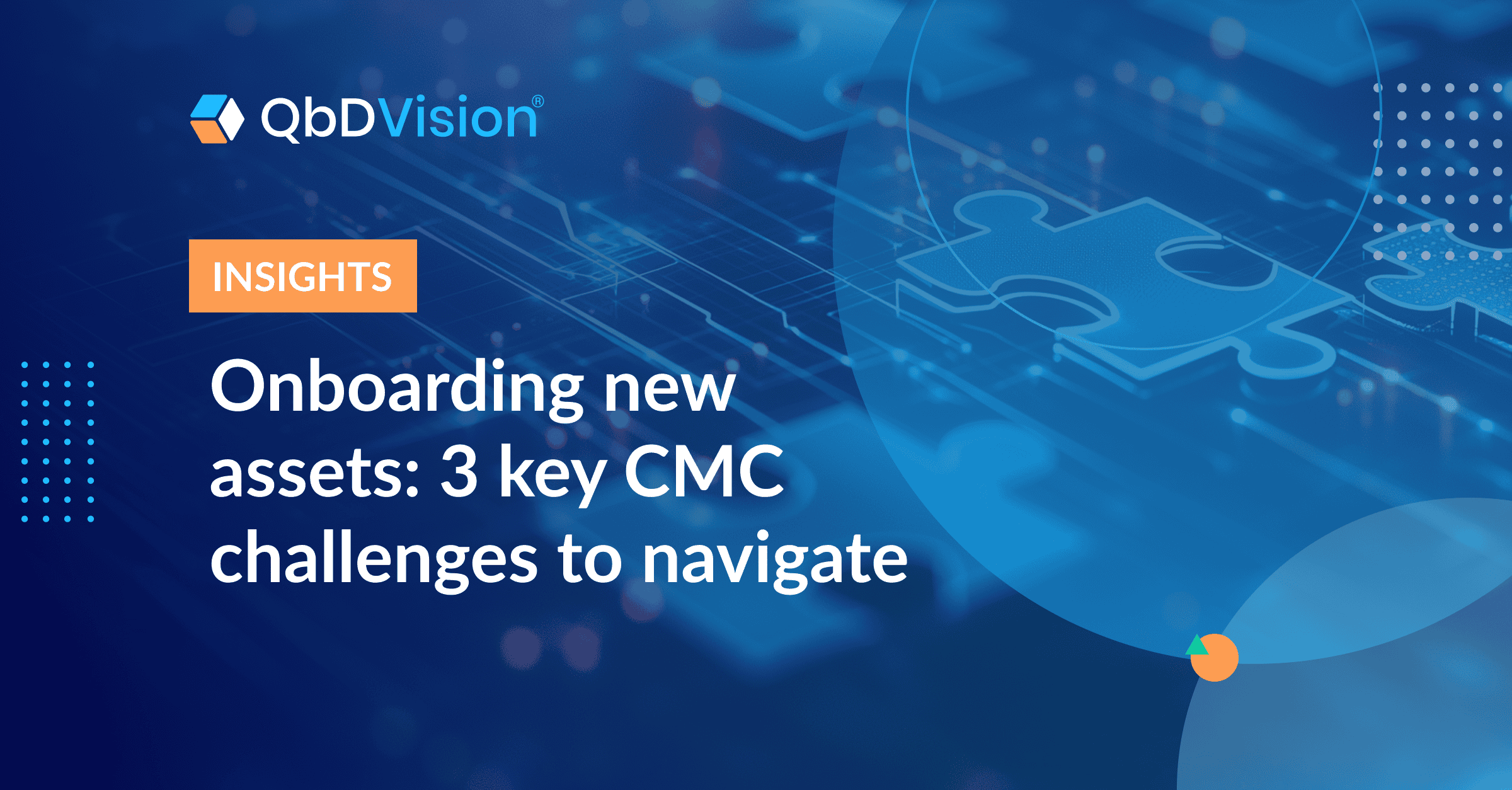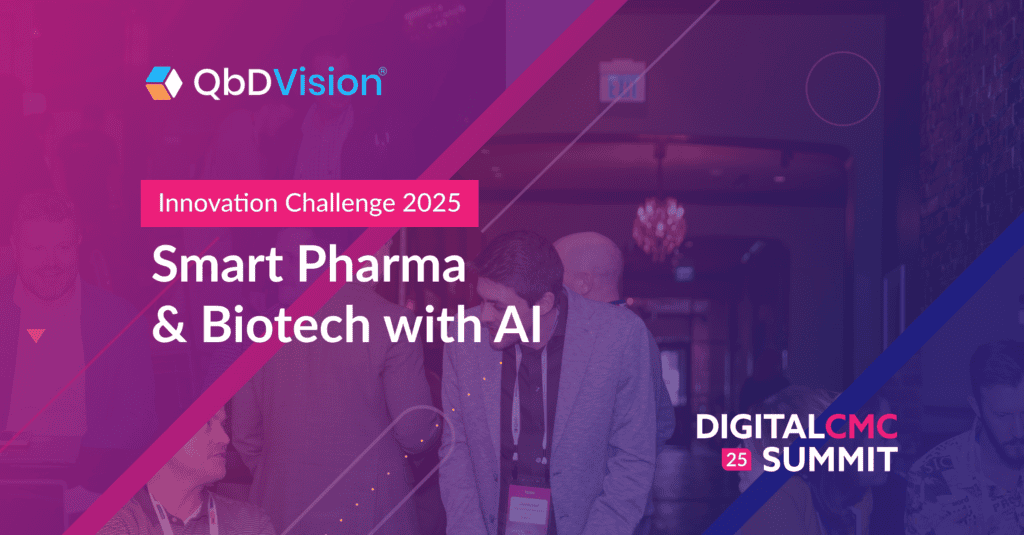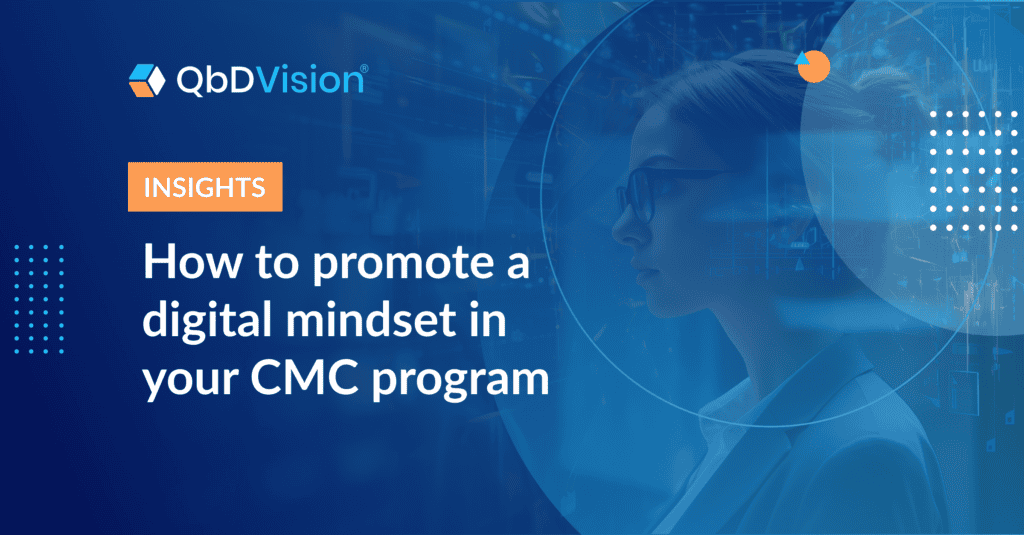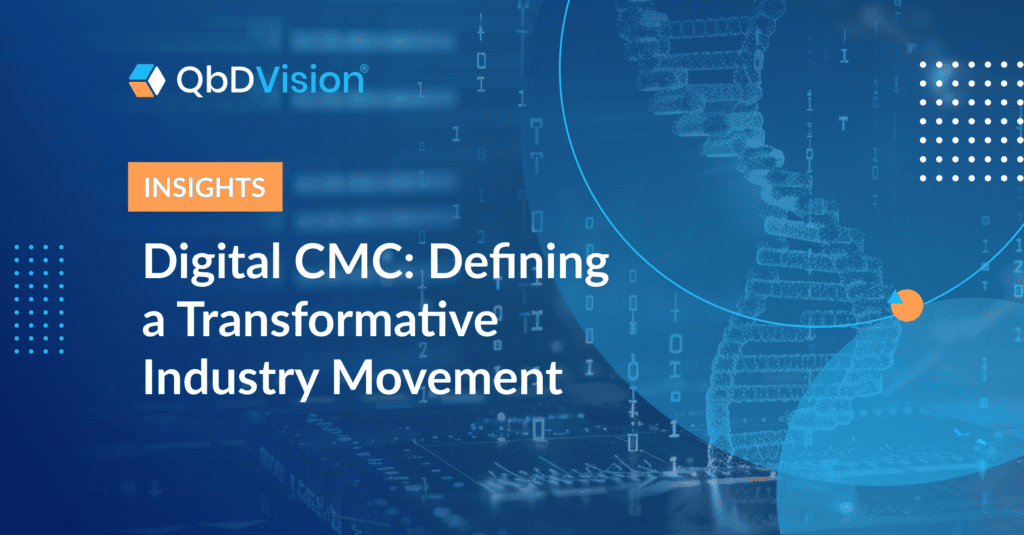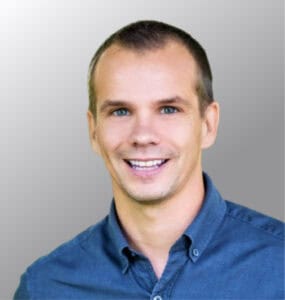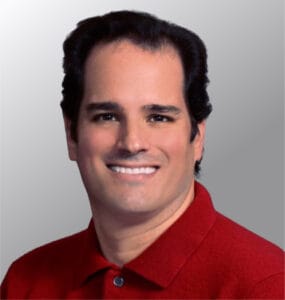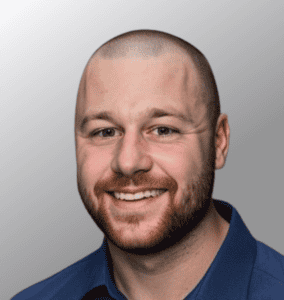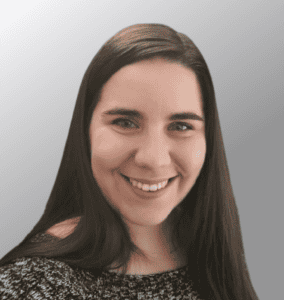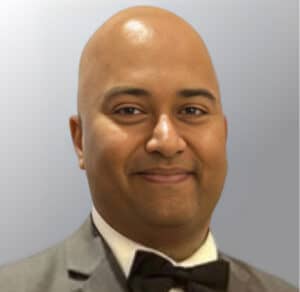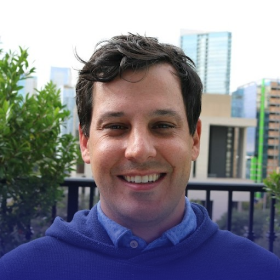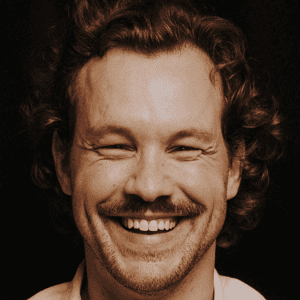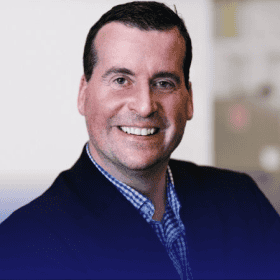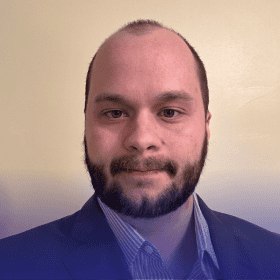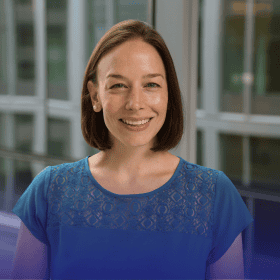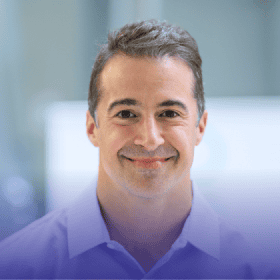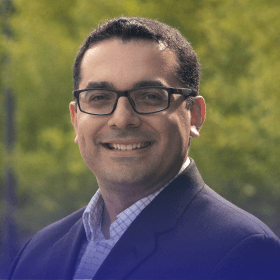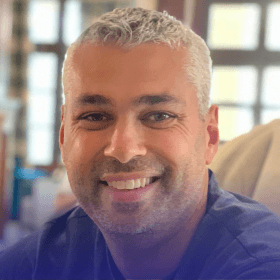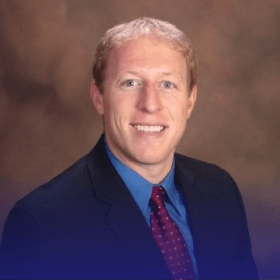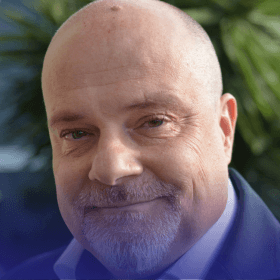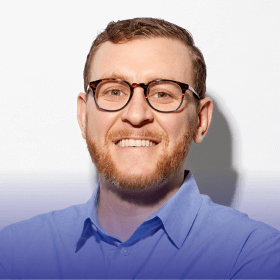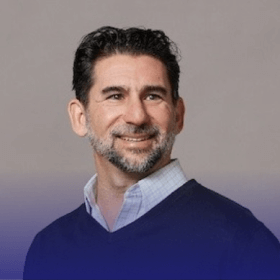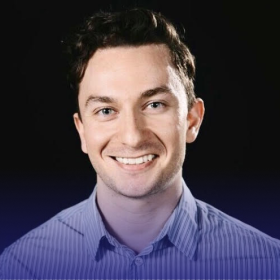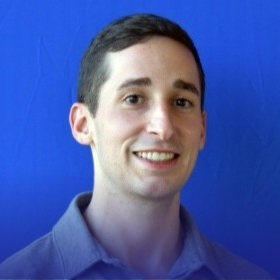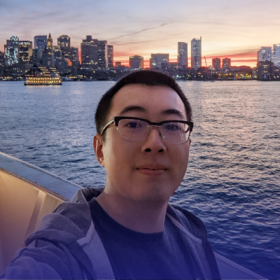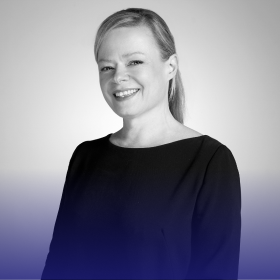Life science M&A is revving back up. For CMC programs, that’s the good news…
With most of 2024 in the books, we can officially call it: M&A activity is finally bouncing back for pharma and biotech.
True, today’s deals look a little different from the mega-buyouts of the past, with a lot less M and a good bit more A (think: fewer monster mergers and rollups and more small(er) strategic acquisitions that fill specific pipeline gaps and help offset the impact of looming patent cliffs). But still, it’s welcome news for anyone who has spent the last few years buckling down and weathering a serious rough patch in drug development’s capital market.
Freshly juiced pipelines, attractive licensing opportunities, and a few more big exits, anyone? Yes, please… right?
It might depend on who you ask. No doubt the front office and top floor will be excited about the new momentum. But while those promising new drugs or compounds may be a welcome pipeline boost, new acquisitions often arrive with something else that’s not an exciting molecule: a lot of data integrity and knowledge management baggage.
Let’s look at what that can mean for the new owner’s CMC program.
For CMC leaders, dry ink can bring some high stakes.
Whether it’s uniting two organizations or “just” an asset acquisition, M&A is a massive, complex undertaking in the life sciences. It’s a process with thousands of layers—financial, legal, organizational, cultural, and more—all of which need to be rigorously planned and painstakingly executed, with millions if not billions of dollars of dollars riding on a successful deal.
And as with any process that complex and capital-intensive, the price of failure can be eye-wateringly high. Just ask the folks who bought Actelion, scrapped a Phase 3 program purchased for $4.7 billion, or sprang for ownership of “female Viagra.” Those are but a few of the many cautionary tales with costs paid in 9-figure writedowns, abandoned late-stage trials, and early exits from the C-Suite.
But of course, with so much on the line and so many stakeholders to appease—or at least not seriously disappoint—the CMC data for an acquisition target must be de-risked down to the last metadata label, right? Of course those encyclopedic due diligence checklists cover every stability dataset and clinical batch record?
Dial “483” for a reality check, my friends. Here are just a few of the challenges CMC programs face when newly acquired data arrives on their shores.
M&A is a massive, complex undertaking in the life sciences. It’s a process with thousands of layers—financial, legal, organizational, cultural, and more—all of which need to be rigorously planned and painstakingly executed, with millions if not billions of dollars of dollars riding on a successful deal.
Challenge 1: How acquired CMC data arrives
When the press releases start flying, CMC leaders’ work is often just beginning. At that point, they’ve just been handed the task of harmonizing an entire third-party CMC program with their own. And since CMC data resources aren’t exactly known for being developed or maintained in the most purposeful, structured fashion, that’s typically no small undertaking.
In fact, when IP changes hands, one of the first things to flood a CMC program is data: lots of it, mostly unstructured, and usually trapped in voluminous PDFs, spreadsheets, and Word Documents. Frequently, it comes in the simple but ominous form of a SharePoint login.
You don’t need to be a dungeon master to know how long of a journey lies beyond those gates.
Spend just a few minutes in a typical trove of CMC data, and you’ll quickly see why the average tech transfer takes so long, and why regulators are forcefully pushing for structured submissions. Sifting your own organization’s mountain of data is a time-consuming task; at least you likely know where to start. But somebody else’s? I’ve never tried finding my way out of the Paris catacombs with a map written in Tagalog, but I imagine it would be a similar experience.
The process of simply figuring out what’s there can be a daunting experience for CMC programs receiving newly acquired product and process information. Especially when—trigger warning—it comes in the form of hundreds of inscrutably named PDFs or years of experiment data accumulated in a single multi-hundred-tab XLS.
In the best-case scenario, of course, all that knowledge will at least be consolidated in one place, behind one login. But even if it is, another big question remains to be answered: How was that knowledge managed and structured?
Challenge 2: Different knowledge management frameworks… if any at all
Even if all an acquisition’s CMC data is in one place—and that’s a substantial if—that can still be just the beginning of the onboarding odyssey. Data, after all, is just the raw material. Its real value starts with how it’s managed and structured.
But that, of course, brings us to yet another big if.
Different organizations may apply completely different labeling strategies to their data, establishing vastly different taxonomies for the information they accumulate in documents. They may have different SOPs for how data should be documented. In CMC’s (in)famously heterogeneous ecosystem, even the simplest variables and most fundamental attributes can often go by many different, mutually unintelligible names from one document to the next.
In a perfect world, of course, every drug developer with an eye toward M&A would be using a robust knowledge management system (they sell them off the shelf these days!) and using FAIR principles to organize and structure their data resources. Just these two powerful resources can help CMC programs ensure rigorous integrity and out-of-the-box utility across their knowledge base—and it’s exciting to see just how many drug developers have already realized that.
But while Digital CMC best practices may be taking root more widely than ever, the industry still has a ways to go in transforming how it manages CMC knowledge. Until it gets there, many translation and harmonization challenges will still await programs once they gather all their new acquisition’s information.
Even if all an acquisition’s CMC data is in one place—and that’s a substantial if—that can still be just the beginning of the onboarding odyssey. Data, after all, is just the raw material. Its real value starts with how it’s managed and structured. But that, of course, is yet another big if.
Challenge 3: Brain-sized gaps in tribal knowledge
Curation issues, of course, assume that a product’s data has at least been collected somewhere it can be accessed—even if that’s in a document. But what’s an acquirer to do when even that hasn’t happened?
At far too many CMC programs, critical knowledge—process variables, risk factors, historical outcomes, experiment results, and more—may not even reach SharePoint. Instead, it’s “stored” in the minds of CMC contributors handling day-to-day tasks off a mental cache no one else on their team can access, much less the organization that purchases that implicit knowledge.
And if that weren’t enough of a risk to a successful acquisition, few industry events spell turnover like “M&A.” When products change hands or organizations unite, those transitions often bring staffing shakeups, headcount changes, and redundancies too. Every departing teammate is one who can walk out the door with critical information in their head, never to be received by the organization that paid up for what they know.
It can be a painful moment when that acquirer realizes that part of their investment is polishing their LinkedIn profile instead of the new owner’s pipeline valuation. But it’s a common scenario when CMC programs don’t plan ahead to secure the knowledge they plan to sell with their product.
So what’s a smart CMC program to do?
Luckily, none of these challenges are inevitable. Today’s CMC leaders have many ready-to-hand resources that can help them mitigate or even eliminate some of the most serious issues they may face when onboarding a new asset—from purpose-built knowledge management platforms to a growing community of Digital CMC experts who’ve been there and done that.
Even following just a few best practices and proven data management principles can put a program miles ahead in preparing to support a successful acquisition. Having an established knowledge management framework provides a structured destination for all incoming information. FAIR principles provide a unifying strategy for curating inbound data so it can become part of your institutional knowledge, no matter how it was previously managed (or if it was).
Of course, having a proven playbook matters too. And that’s one way today’s M&A’ers are at a huge advantage: there’s a growing range of proven use cases and established best practices for managing CMC knowledge, integrating CMC workflows, and seamlessly moving product and process data through that ecosystem.
Just in time for a big surge of dealmaking activity!
Let us help streamline your new asset integration process
Here at QbDVision, we’ve helped guide numerous organizations through the complexities of onboarding a new asset. And we’d love to do the same for you.
Get in touch to learn more about how QbDVision can help you implement a structured data framework for all your existing CMC knowledge—and lay the groundwork for successful integration of new acquisitions.
GET IN TOUCH
Getting ready to onboard a new asset?
Reach out to our team at any time to learn more about how QbDVision can help you streamline integration and accelerate the value of your new acquisition.
